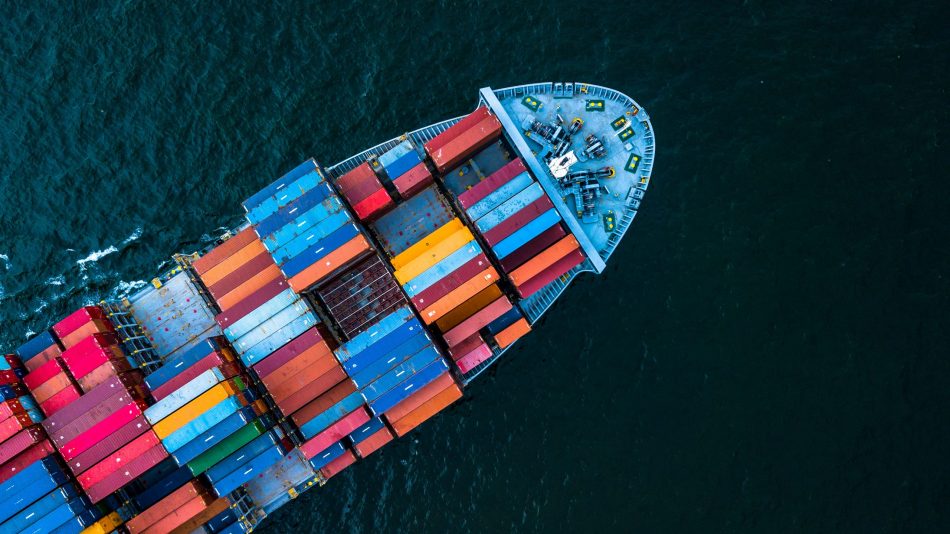Search

Syukuro Manabe, Klaus Hasselmann, and Giorgio Parisi have spent the last 60 years decoding complex physical systems to predict how climate change is impacting our world. Now, their work has been rewarded with the Nobel Prize in physics. Manabe and Hasselmann, who are 90 and 89 years old, Read More...

You probably use starch while cooking or maybe doing your laundry, but this versatile ingredient has applications in textiles and pharmaceuticals as well. Fortunately, researchers from the Chinese Academy of Sciences have found a way to produce this good more sustainably. Current starch Read More...

Harvard Medical School biologist George Church is most famous for inventing ways of reading and editing DNA, but these days, the scientist is on a new mission: bringing back the woolly mammoth. At the helm of a new company, Colossal, and armed with $15 million in initial funding, Church and his Read More...

To meet the ever-looming and increasingly destructive challenge of climate change, we must curb our carbon emissions drastically. Now, 'Orca' is helping us reverse some of the emissions we've already created. It's the world’s largest plant designed to suck carbon dioxide out of the air and turn Read More...

Norwegian chemical company Yara International has created the world’s first zero-emission autonomous cargo ship, the Yara Birkeland. The shipping industry accounts for between 2.5 and 3 percent of global greenhouse gas emissions, according to the International Maritime Organization. The aim of Read More...

The continued spread of the Delta variant is a big concern for parents sending their children back to school, especially parents of those too young to be vaccinated. The highly contagious nature of Delta makes classroom infection prevention precautions even more important. Here are some critical Read More...

While the most common environmental concern regarding carbon dioxide has to do with its greenhouse effects in the atmosphere, a lot of it actually ends up in our oceans, making them more acidic. In a bid to find a solution to this problem, researchers have recently developed “nanojars” that can Read More...

As an extremely resource-intensive process, producing livestock feed has a huge environmental impact — putting a strain on our water reserves, using a massive amount of land, and, of course, releasing pollutants into the environment. A new study, however, shows that farming protein from microbes Read More...

Transporting food to your local supermarket typically requires refrigerated trailers (also known as reefers). These are usually cooled by diesel fuel, with an idling diesel tractor burning about a gallon of fuel per hour and releasing about 22.4 pounds of carbon dioxide into the atmosphere as a Read More...

While your local grocery store most likely doesn’t have any tamarinds in its fresh produce aisle, the tropical fruit is consumed in great quantities in Asia, where the fruit’s bulky shells usually end up in landfills after they’ve been discarded. In a bid to find a better use for this Read More...
